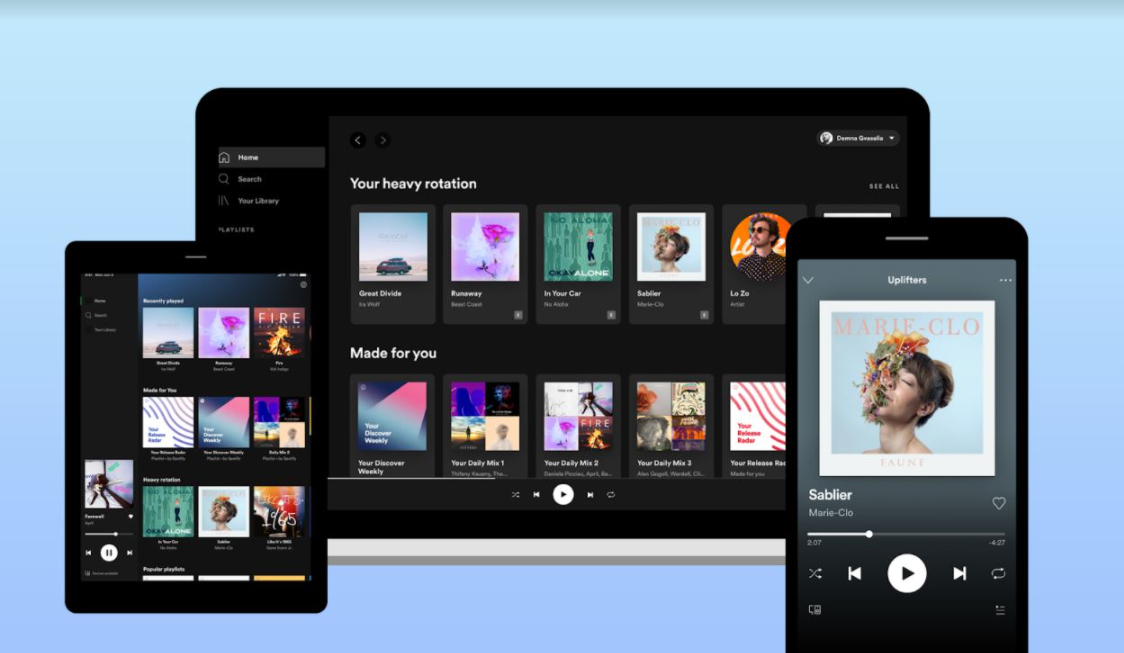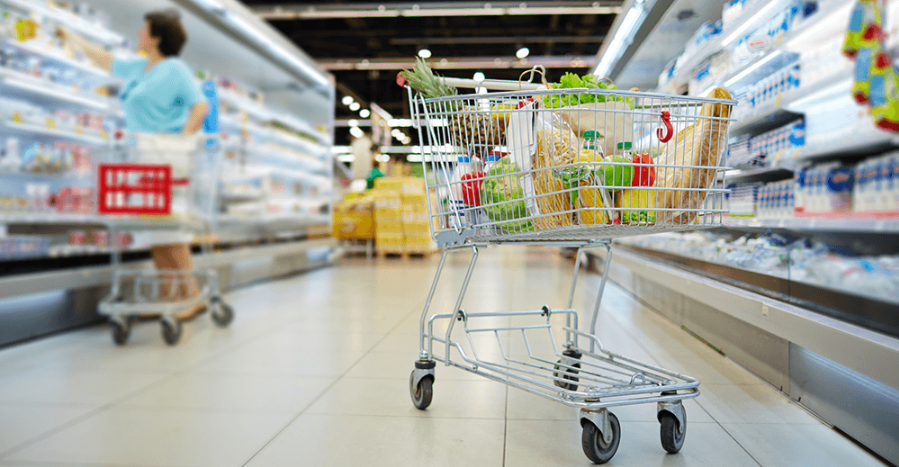Much like Borat, cell-based chicken is coming to America

Image: CNBC
Yesterday, the USDA cleared two California-based startups – Upside Foods and Good Meat – to begin selling chicken made in a lab from animal cells to American consumers. It marks the first time US regulators have approved this type of meat for public consumption.
Both companies will launch their products in limited quantities through select restaurant partners, before potentially expanding to supermarkets.
🤔🐓 What is cell-based meat?... Not to be confused with plant-based meat, cell-based (or “cultivated”) meat actually comes from animals.
The process begins with stem cells procured from an animal biopsy, egg, or even a feather. These cells are placed in steel tanks called bioreactors, then fed a slushie of sorts that contains nutrients enabling them to multiply rapidly. Taste and nutrition are controlled by cell selection and the broth they grow in.
- Proponents of the process point to lab-grown meat’s potential to reduce/eliminate factory farming, as well as the environmental impacts of raising livestock. About one third of human-induced greenhouse gas emissions come from producing food, and animal agriculture is responsible for much of it.
- Though there is one potential problem with that pitch, according to many experts. Bioreactors require large amounts of energy to operate, so the question of whether this process would actually reduce emissions depends on the source of electricity used to power the facilities.
Other technical and economic challenges to widespread adoption include: preventing bacterial contamination, improving the creation and sourcing process enough to sell at a competitive price point, and consumer preference (50% of respondents in Australia wouldn’t eat lab-grown chicken if given the opportunity, according to a paper published last year).
🧪 Zoom out: Like many things under the sun, the idea of creating animal-based meat in a lab isn’t new. In fact, Winston Churchill predicted in 1931 that humanity would one day grow meat in a factory rather than raise and slaughter animals.
But the race to make cell-cultivated meat didn’t really take off until 2013, when Dutch scientist Mark Post – a pioneer in the field – debuted a burger that cost $325,000 to produce, Vox reports. Since then, investors like Bill Gates, Richard Branson, and Whole Foods founder John Mackey have poured ~$3 billion into 150 different companies dedicated to producing cultivated meat and seafood.
Share this!
Recent Business & Markets stories

Business & Markets
| June 16, 2023The crown for the world’s longest flight could soon change hands
✈️⏱ As of Wednesday, Australian airline Qantas provides three of the world’s longest flights – but not the longest (18 hrs 50 mins😳). Though that crown could soon change hands.

Business & Markets
| June 15, 2023Much like Ariana and Sandoval, Spotify’s podcasting strategy is headed in a new direction
🎧 After going on a $1 billion-plus spending spree over the past few years, Spotify has shifted its podcast strategy.

Business & Markets
| June 14, 2023America’s inflation report card was just released
📝💰 According to government figures released yesterday morning, inflation stood at 4.0% over the year-long period ending in May, down from 4.9% in April and 6% in February. It’s the index’s lowest annual figure in over two years.
You've made it this far...
Let's make our relationship official, no 💍 or elaborate proposal required. Learn and stay entertained, for free.👇
All of our news is 100% free and you can unsubscribe anytime; the quiz takes ~10 seconds to complete